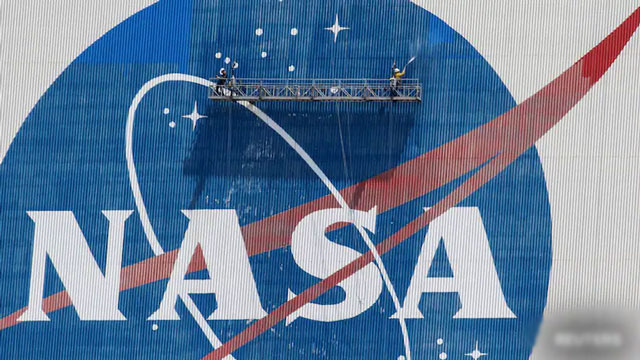Daijiworld Media Network- Beijing
Beijing, Sep 11: In a significant policy shift, NASA has barred Chinese nationals — even those holding valid visas — from participating in its space programs, highlighting the intensifying race for lunar and interplanetary dominance between the United States and China.
The development, first reported by Bloomberg News and later confirmed by the American space agency, has already affected several Chinese researchers and students. According to reports, individuals who had previously worked as contractors or student collaborators were abruptly denied access to NASA’s IT systems and meetings beginning September 5.

“NASA has taken internal action pertaining to Chinese nationals, including restricting physical and cybersecurity access to our facilities, materials, and network to ensure the security of our work,” NASA press secretary Bethany Stevens told AFP on Wednesday.
The move comes amid an era of heightened geopolitical and technological competition. While the U.S. Artemis program — a successor to the Apollo missions — targets a crewed Moon landing by 2027, it has been plagued by cost overruns and delays. China, in contrast, has pledged to land its “taikonauts” on the lunar surface by 2030 and has so far been more consistent in meeting deadlines.
“We are in a second space race right now,” NASA’s acting administrator Sean Duffy declared at a press briefing, adding, “The Chinese want to get back to the Moon before us. That’s not going to happen. America has led in space in the past, and we are going to continue to lead in space in the future.”
Beyond the Moon, China is advancing plans for a Mars sample-return mission, aiming to bring back rocks by 2031. The Trump administration, however, has indicated it may cancel a similar U.S.–European Space Agency mission due to budget constraints, hinting instead at a future crewed mission without providing concrete details.
Observers say NASA’s ban underscores Washington’s deepening mistrust of Beijing’s intentions in space, with security concerns now extending into academic and research collaborations that once bridged the gap between the two nations.